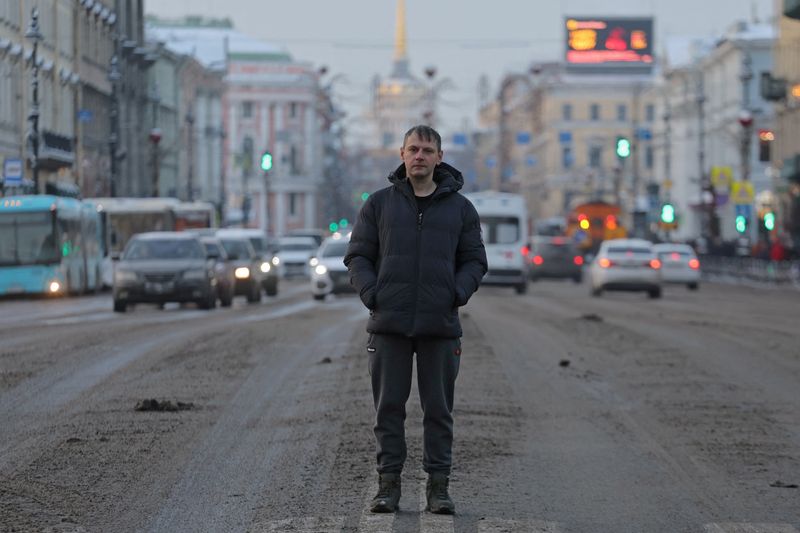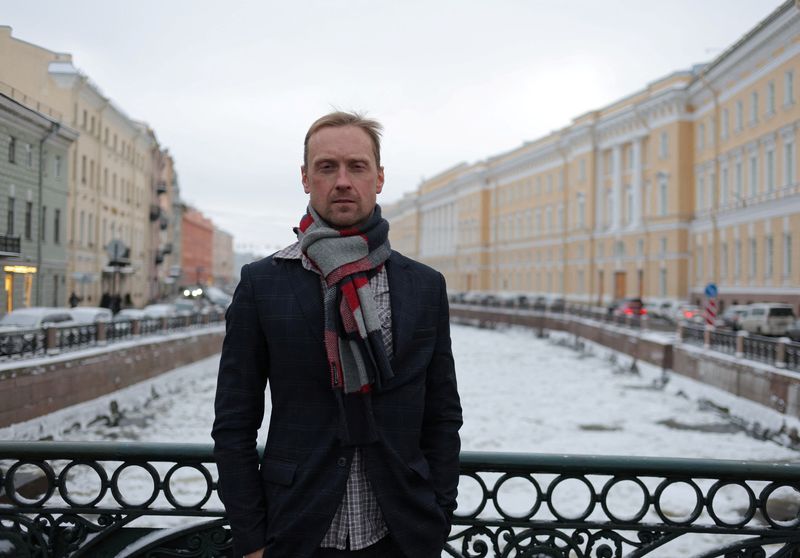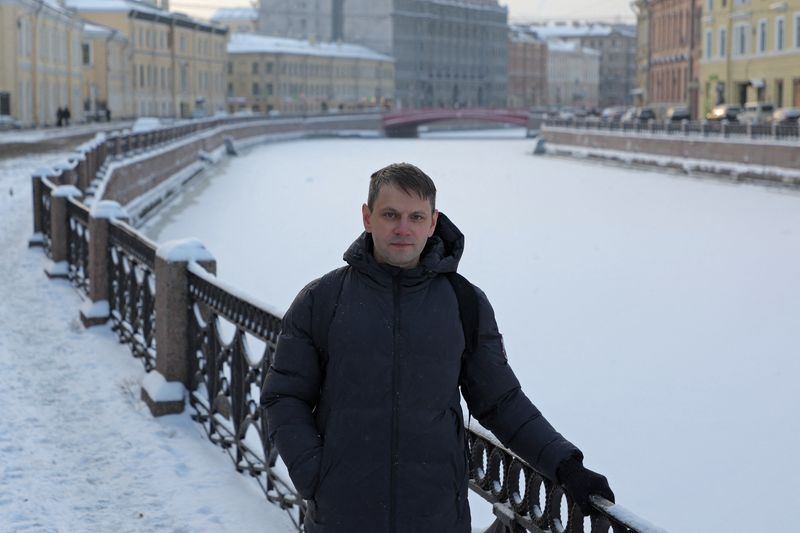ST PETERSBURG (Reuters) – Members of Russia’s LGBTQ community fear a court ruling due on Thursday will label them “extremists” and pave the way for arrests and prosecutions of those who speak out for gay and transgender people.
Russia’s justice ministry asked the Supreme Court this month to recognise what it called “the international LGBT social movement” as extremist and to ban its activities.
The ministry said that “various signs and manifestations of extremist orientation, including the incitement of social and religious discord” had been identified in the activities of Russia’s LGBT movement, without giving examples.
The move is part of a pattern of restrictive measures with respect to sexual orientation and gender identity, including laws outlawing the promotion of “non-traditional” sexual relations and banning legal or medical changes of gender.
“Of course it’s very alarming, and I don’t remember the threat ever being so serious and real,” Alexei Sergeyev, an LGBT activist in St Petersburg, told Reuters TV in an interview.
He linked the justice ministry’s request to the presidential election due next March in which Vladimir Putin is expected to seek, and win, another six-year term:
“If it didn’t have a propaganda effect, if it didn’t have some level of support, it’s unlikely that anyone would do it.”
Putin, with support from the Orthodox Church, has long sought to project Russia as a guardian of traditional morality, in contrast with Western societies that he portrays as decadent in their tolerance of “gay parades” and acceptance of “dozens of genders”.
‘EXTREMIST’ LISTING CAN FORESHADOW ARRESTS
The justice ministry publishes a list of more than 100 “extremist” groups banned in Russia. Previous listings, for example of the Jehovah’s Witnesses religious movement and organisations linked to opposition politician Alexei Navalny, have served as a prelude to arrests.
Sergei Troshin, an openly gay municipal deputy in St Petersburg for the opposition Yabloko party, said that, once the new designation was in place, security officials seeking advancement were likely to open criminal cases. He said the prospect was already spreading fear.
“Every morning I’ll expect that, at 6 a.m., people will come to search me, ring the bell, knock on the door very hard, as they usually like to do. There’ll be a search and they’ll tell me: ‘A criminal case has been opened against you for participation in the activities of an extremist organisation,’ with all the ensuing consequences.”
Sergeev said he feared that activities designed to help LGBTQ people, such as psychological and legal support or even “meetings where you can just sit and drink tea”, would be curtailed.
“This will all be so underground that, unfortunately, I’m sure there are many people who won’t be able to get help,” he said.
“They will either commit suicide or simply be in some terrible state – their life will be shortened and their health will deteriorate, they will drink and smoke more, and so on, somehow trying to escape from this reality.”
(Reporting by Reuters, writing by Mark Trevelyan; Editing by Kevin Liffey)


